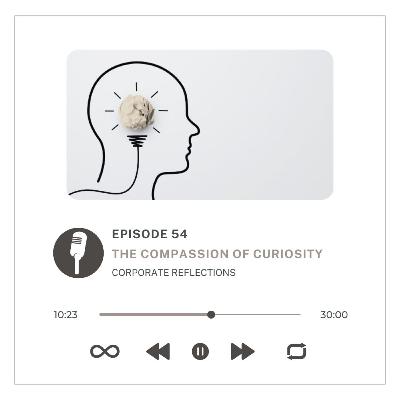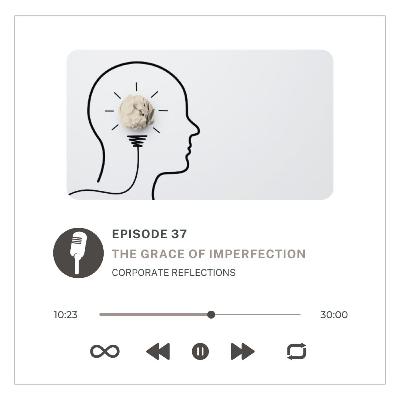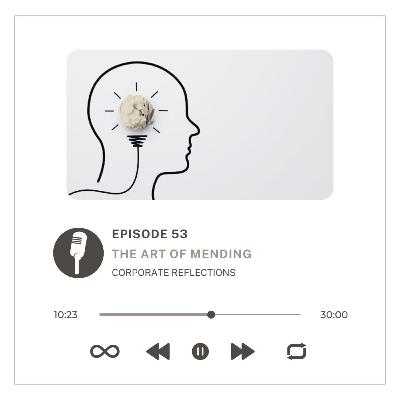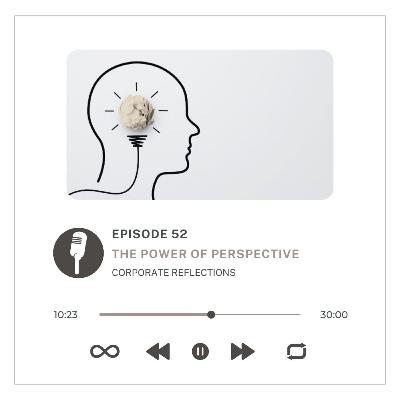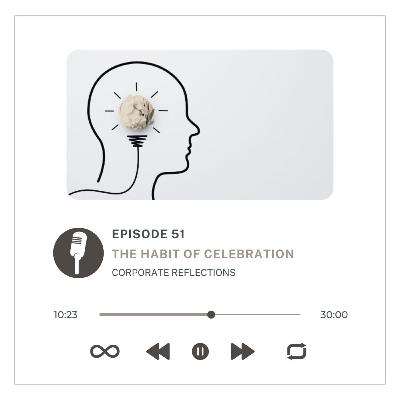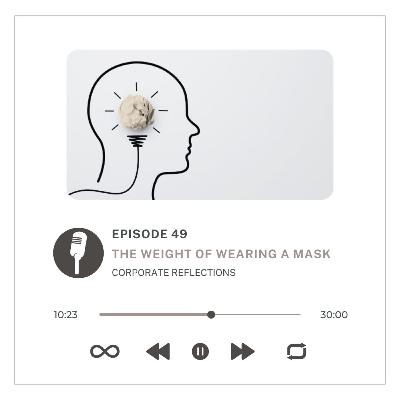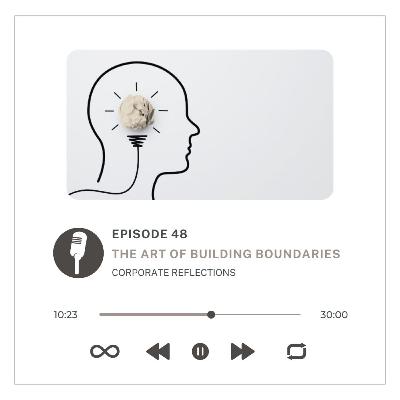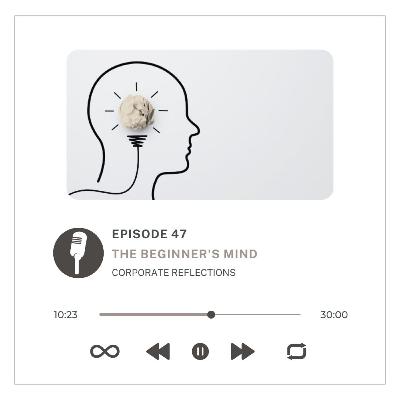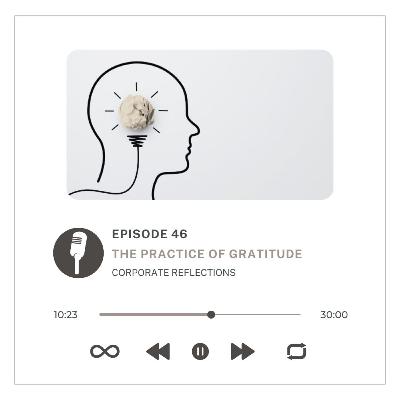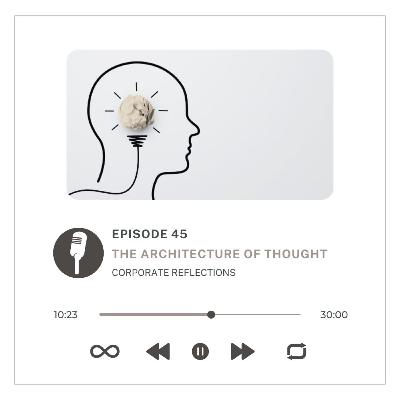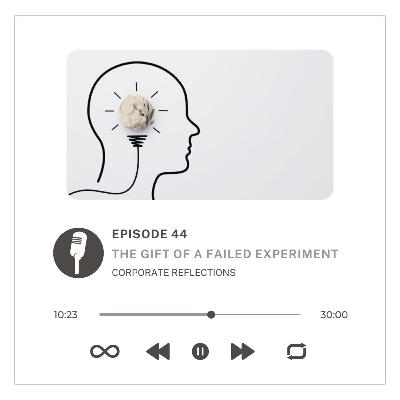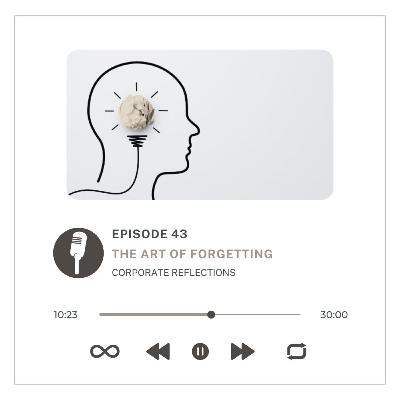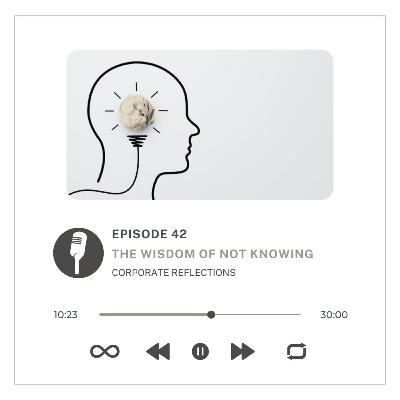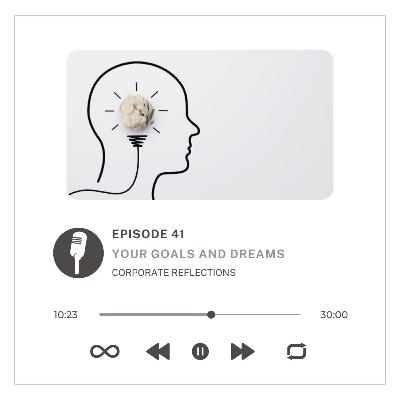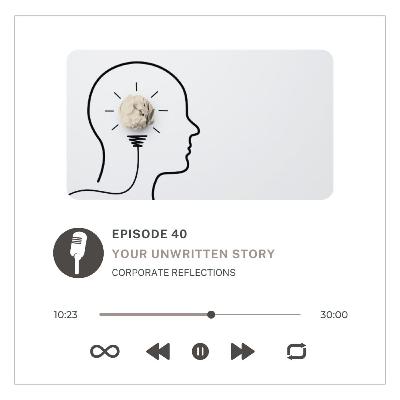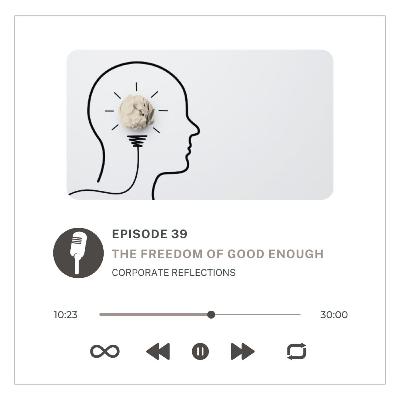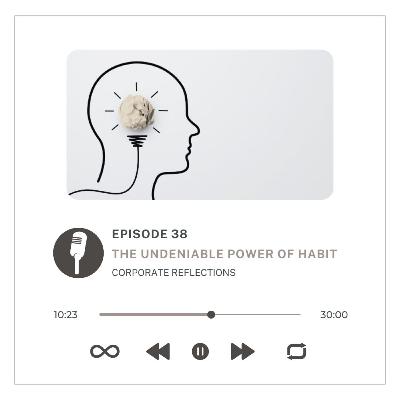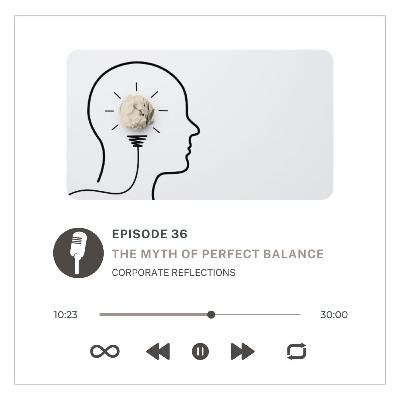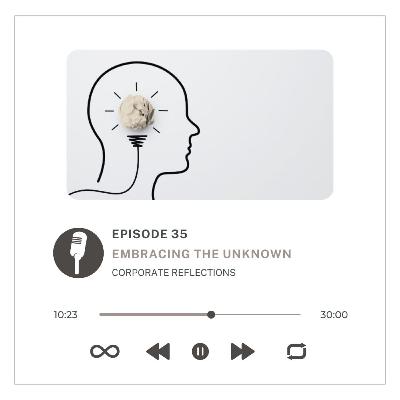Corporate Reflections : The Compassion of Curiosity
Description
This reflection on the "compassion of curiosity" is inspired by concepts from Cognitive Psychology, Mindfulness, and Conflict Resolution/Communication Theory, emphasizing inquiry and open-mindedness over rapid judgment :
• The Critique of Cognitive Efficiency : The reflection challenges the mind's tendency toward "quick judgments" and the "fastest path to an answer." It suggests this efficiency, while useful, hinders deeper understanding and compassion. This aligns with Cognitive Psychology and the work of Daniel Kahneman (System 1 vs. System 2 thinking). System 1 is the fast, intuitive, judgmental thinking the reflection critiques. The practice of curiosity forces a deliberate shift to System 2, which is slow, analytical, and allows for genuine inquiry.•. Curiosity as a Form of Empathy : Curiosity is framed as a "form of deep empathy" because it requires the listener to "set my assumptions aside" and be a "learner instead of a critic." The core action is replacing judgment with a genuine question. This connects strongly with Humanistic Psychology and Communication Theory. The act of asking a genuine, open-ended question is a form of active listening and perspective-taking, which are the building blocks of empathy (as discussed by Carl Rogers). The curiosity demonstrates respect for the other person's perspective as valuable and valid.
• Self-Compassionate Inquiry : The reflection extends curiosity to internal dialogue, replacing "shaming ourselves" with the gentle questions: "Why am I feeling this way? What is this telling me?" This inquiry leads to growth. This is a key technique in Mindfulness-Based Cognitive Therapy (MBCT). Instead of criticizing a negative emotion, one approaches it with mindful curiosity—observing the feeling non-judgmentally and asking what information it holds. This transforms the inner critic into an inner investigator, allowing for acceptance and growth rather than shame.

